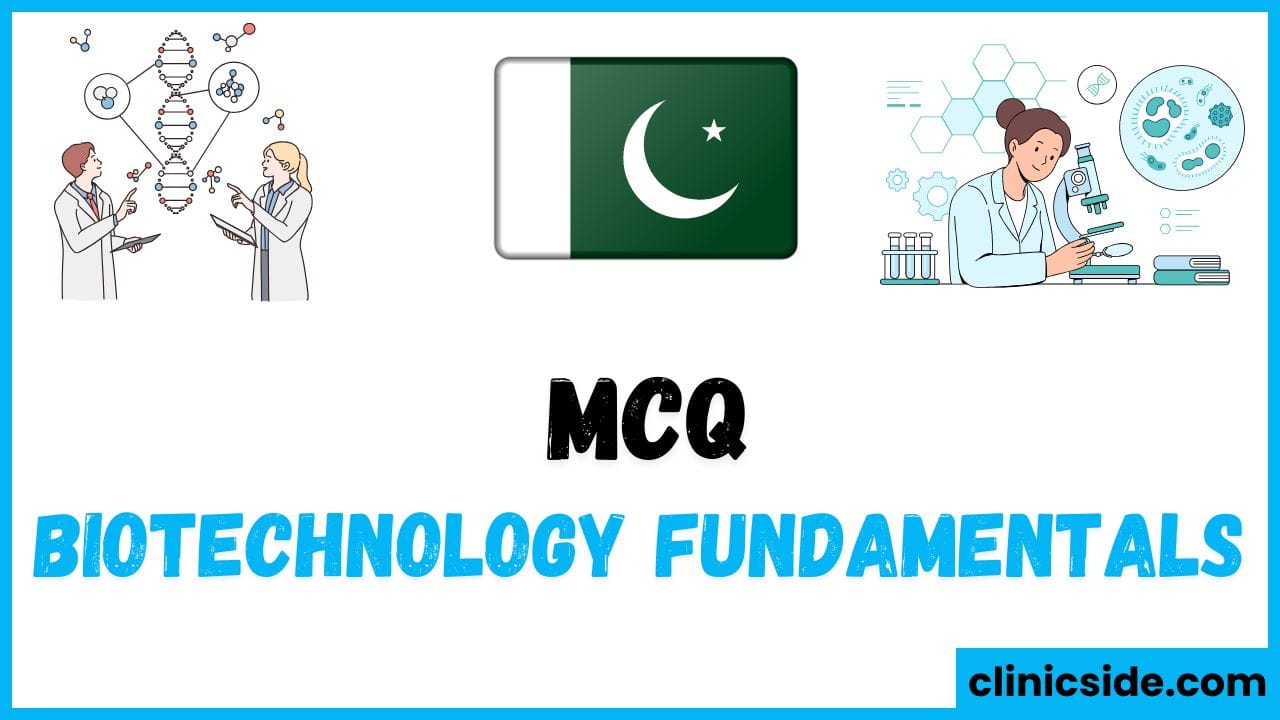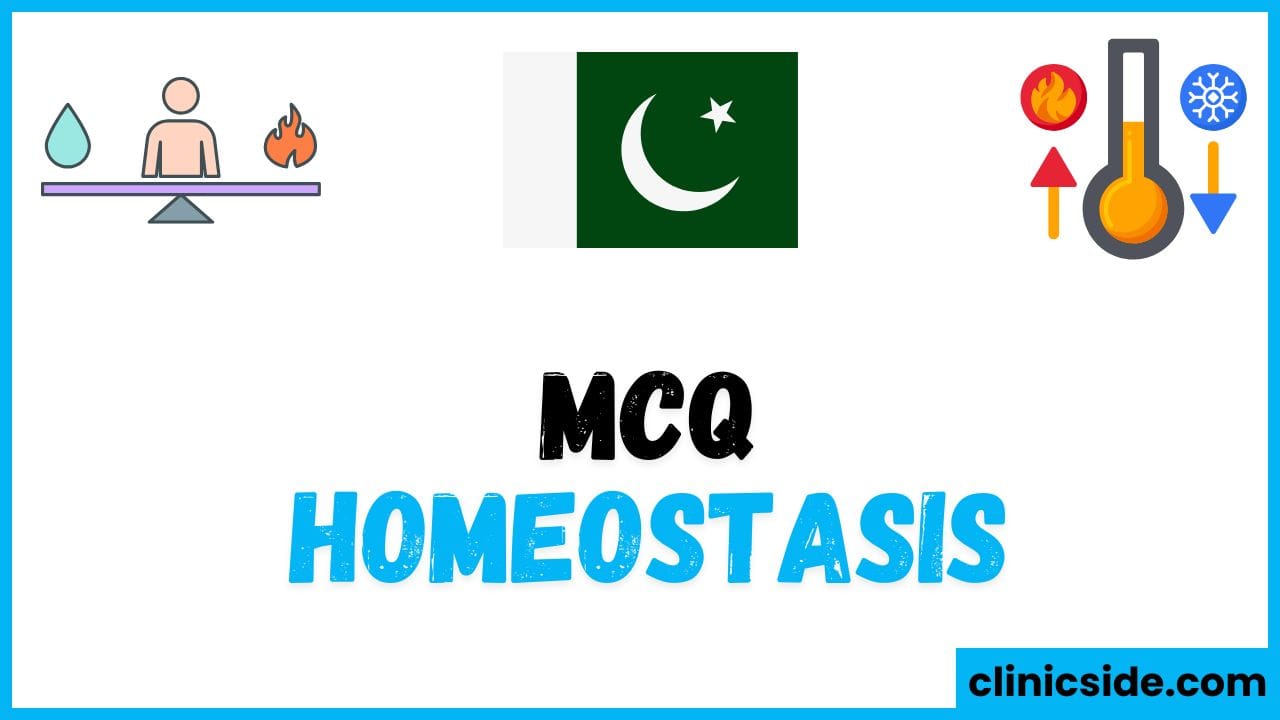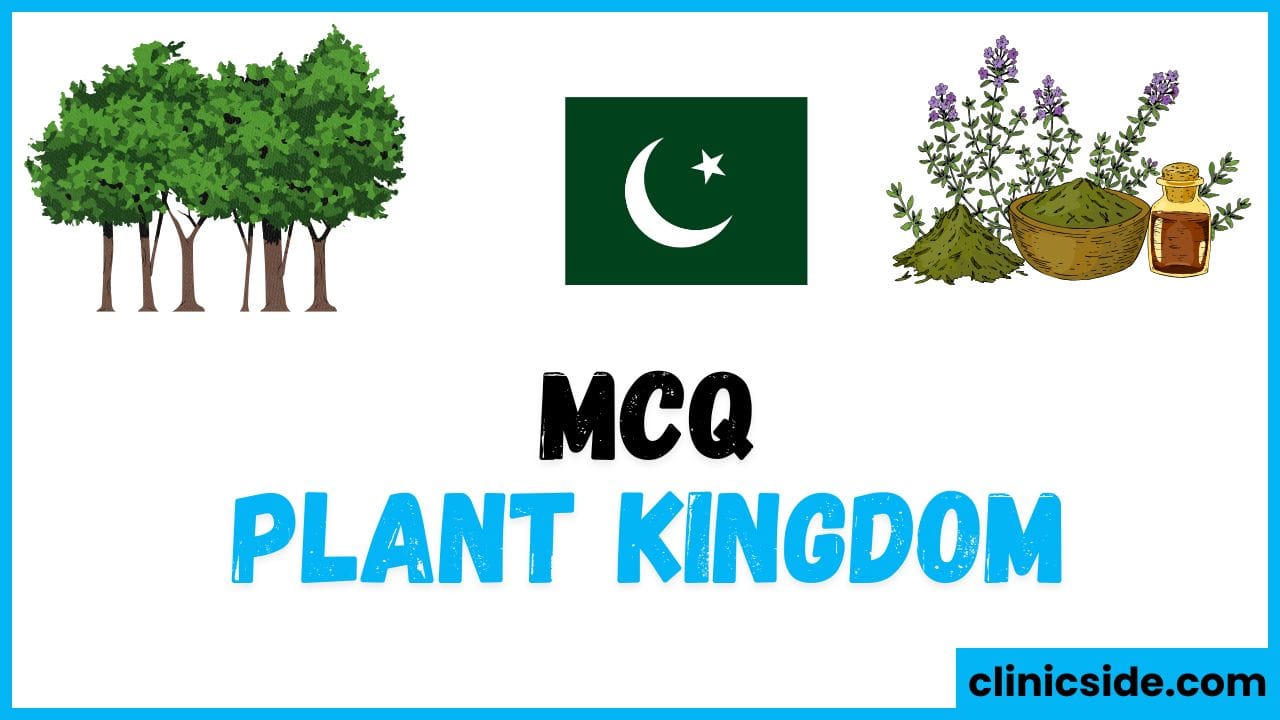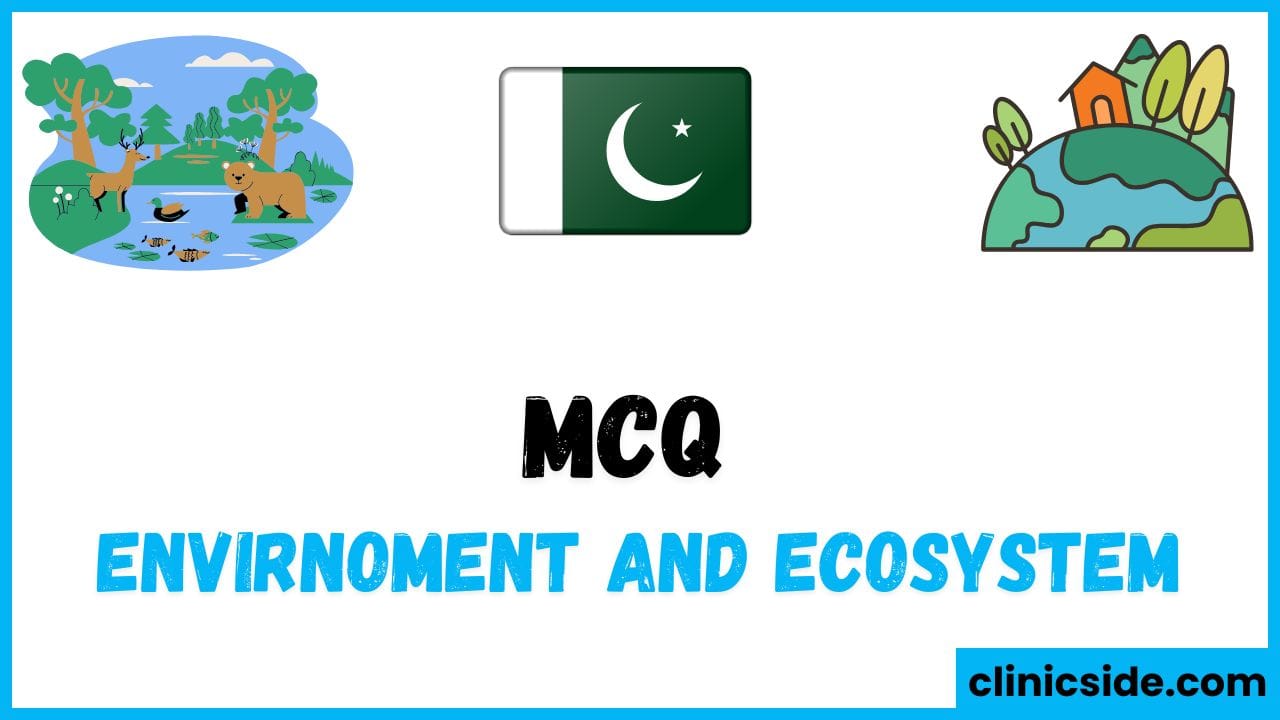Biotechnology Fundamentals
The foundational principles of biotechnology are explored, focusing on the study and application of biological processes to develop products and technologies that benefit society. These MCQs introduce students to biotechnology’s broad scope and relevance, from agriculture to healthcare, underscoring how biological knowledge is translated into practical innovations.
Genetic Engineering and Gene Editing
Students encounter questions on genetic engineering techniques, including CRISPR, PCR (Polymerase Chain Reaction), and recombinant DNA technology. These powerful tools allow scientists to modify genes, enabling advancements in various fields like medicine, agriculture, and environmental protection. Understanding these techniques is essential for grasping modern biotechnology’s potential to create genetically modified organisms (GMOs) and enhance crop traits.
Agricultural Applications Relevant to Pakistan
With agriculture being a vital sector in Pakistan, biotechnology’s role in enhancing crop production and pest resistance is emphasized. Key MCQs focus on genetically modified crops, such as BT cotton, which is engineered to resist pests and reduce pesticide use. This section highlights how biotechnology directly supports Pakistani agriculture, helping to address local issues such as crop yield and sustainability.
Environmental Biotechnology and Bioremediation
Environmental biotechnology is explored through concepts like bioremediation, where living organisms are used to clean polluted environments. MCQs in this section explain how biotechnology provides sustainable methods to tackle environmental challenges, including pollution and waste management. This is particularly relevant to Pakistan, where environmental issues are a growing concern.
Medical Biotechnology Applications
The MCQs delve into the impact of biotechnology on medicine, covering gene therapy, DNA sequencing, and enzyme applications. Topics such as the Human Genome Project and gene therapy showcase biotechnology’s transformative role in diagnosing and treating genetic disorders. This section highlights how biotechnology enables personalized medicine and advances healthcare, with potential applications in Pakistan’s medical field.
Molecular Biology Tools and Techniques
Essential tools like restriction enzymes, ligase, and gel electrophoresis are introduced. These techniques are the building blocks of genetic engineering and are vital for understanding how DNA is manipulated, visualized, and studied in laboratories. These foundational concepts help students grasp how molecular biology underpins biotechnology.
Regulatory Aspects and Career Opportunities
MCQs also touch on the regulatory frameworks overseeing biotechnology in Pakistan, like the Ministry of Science and Technology’s role in managing GMOs and biotech applications. Understanding these frameworks prepares students for ethical considerations and compliance in biotechnology. Furthermore, it emphasizes the career opportunities biotechnology offers in Pakistan, from agricultural improvements to pharmaceutical innovations.





